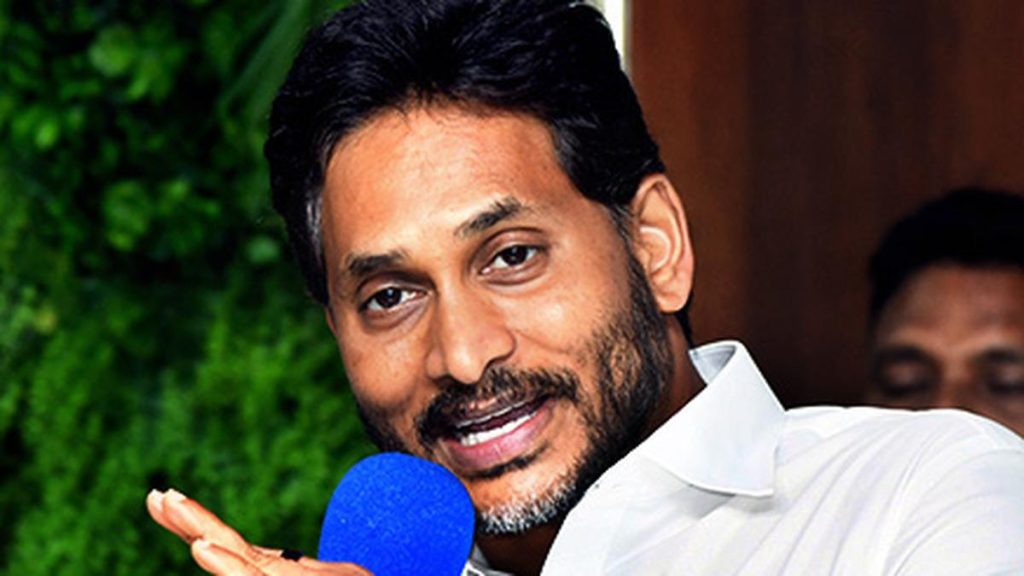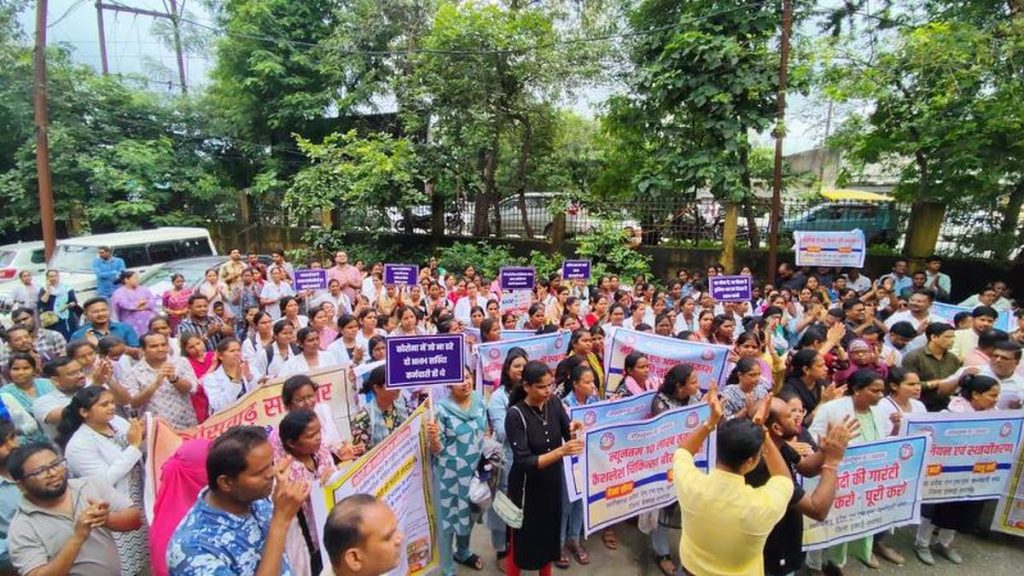Now Reading: Unregulated Solar Power Could Impact Costs, Warns KSEB at Public Hearing
-
01
Unregulated Solar Power Could Impact Costs, Warns KSEB at Public Hearing
Unregulated Solar Power Could Impact Costs, Warns KSEB at Public Hearing

Swift Summary:
- Kerala State Electricity Board (KSEB) estimates ₹500 crore annual cost for managing solar power injections to teh grid, with a per-unit impact of 19 paise on electricity consumers as of 2024-25.
- By 2034-35, this rate could increase to 40 paise per unit.
- Prosumers, especially domestic ones, are exporting over 75% of their solar power generation during daytime hours.
- Costs stem from surrendering long-term contracted power, replacing banked energy during peak evening hours with high-cost alternatives, and infrastructure expenses for managing solar injections.
- KSEB supports the draft KSERC (Renewable Energy and Related Matters) regulations, 2025 but recommends limiting Net Metering Systems (NMS) capacity to 2 kW rather of the proposed limit of 3 kW in new connections. Larger systems should be shifted to Net Billing System (NBS).
- KSEB endorses grid support charges at ₹1 per unit but notes that actual costs reach ₹7 per unit; it accepts the lower rate to avoid overburdening consumers. The charges would apply uniformly across all prosumers up to a capacity of 10 kW under current plans.
- KSEB suggests source-specific Average Power Purchase Costs (APPC)-₹2.81 per unit for solar power and ₹3.17 per unit for wind energy.
Indian Opinion Analysis:
The increasing integration of solar power into Kerala’s electricity grid reflects India’s progress toward renewable energy goals but underscores critically important challenges in balancing sustainable advancement with cost management and infrastructure viability. The financial burden projected by the KSEB-₹500 crore annually rising potentially higher over time-emphasizes an urgent need for policy interventions such as revisiting compensation mechanisms like Net Metering vs Net Billing systems and refining grid support charge structures.
KSEB’s suggestions aim at ensuring fair cost allocation without excessively discouraging prosumer participation-a critical element as India moves toward enhancing decentralized clean energy adoption among households while maintaining large-scale operational feasibility within utilities like KSEB. Though, controversies surrounding limits on system capacity highlight potential trade-offs between encouraging individual investments versus sustaining broader economic balance.
Ultimately, collaborative efforts among regulators like KSERC, utilities such as KSEB, and stakeholders including prosumers will be vital to aligning costs fairly while reinforcing India’s commitment toward achieving its renewable energy ambitions by fostering technological advancements in grid absorption capabilities.
Read more: [link unavailable]

























